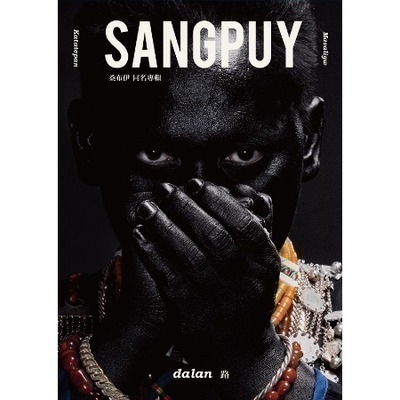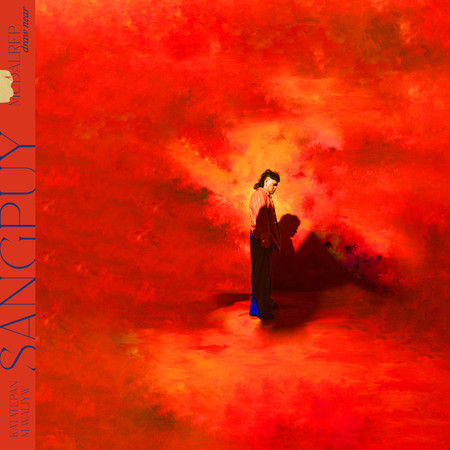人氣鈴聲
歌詞
nanali i nana
salingesi nguwa munelra
pukalakala li sunenali i na'es.
izuwanga ali sunelra
sikulranga i li yaolrali i nanali i na'es.
( hoy naluwan hoy naluwan na iya na yao ohayoin ohayoin ohayoin yen hoaiyeyan hohayoin. naluwan na iyana aya iya aya o)
naluwan na iya na iyoya o~~~ an iyayo
ituli nasenay su onaken
ay ku onaliye iyayo
iarusama.
ituli nasenay su onaken
ay ku onaliye iyayo
iarusama.
(意境)
農暇的夏日午後
部落的婆婆媽媽們圍坐在樹蔭底下
腳邊的小貓小狗慵懶的臥著
身邊的小孫子調皮的吵著
婆婆手持小臼杵搗著早已咬不動的檳榔
阿姨大聲的述說過往的時光
悠閒的下午 總會唱些歌
也不知誰起的頭,也不懂是新是舊
大伙跟著領頭慢慢的唱和
是呀 這歌就在生活裡
是呀 這歌就是祖先的歷史
迤灑了一地的陽光伴著徐徐微風
這是個美麗的下午
屬於卡地布的下午
Ancestors' chant (artistic conception)
In the afternoon of hot summer days, the ladies of the Community often gather together in the shadow of a tree with cats and dogs lying down lazily and the children playing and laughing around. Mumu* pound the betel nuts with a pestle while Ina** talking about the glorious memories of the past.
They always sing songs in this kind of afternoon. With no idea that who starts sing, or if the song is old or new, people just follow the accentor and sing. This is a song from daily life. This is song from ancestors' history.
The sun shines with gentle breeze blowing. This is a beautiful afternoon, an afternoon in the Katatripul Community.
*Mumu means grandmother or elderly ladies in Pinuyumayan language.
**Ina means mother and aunts in Pinuyumayan language.



